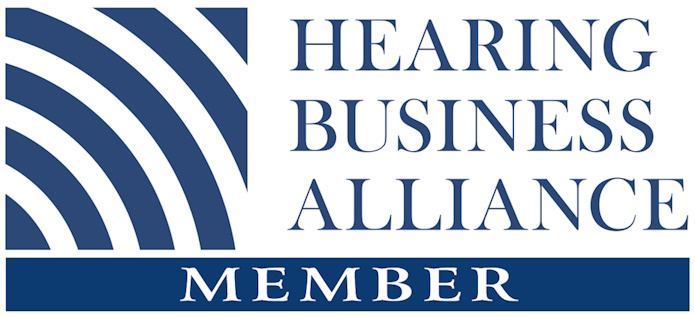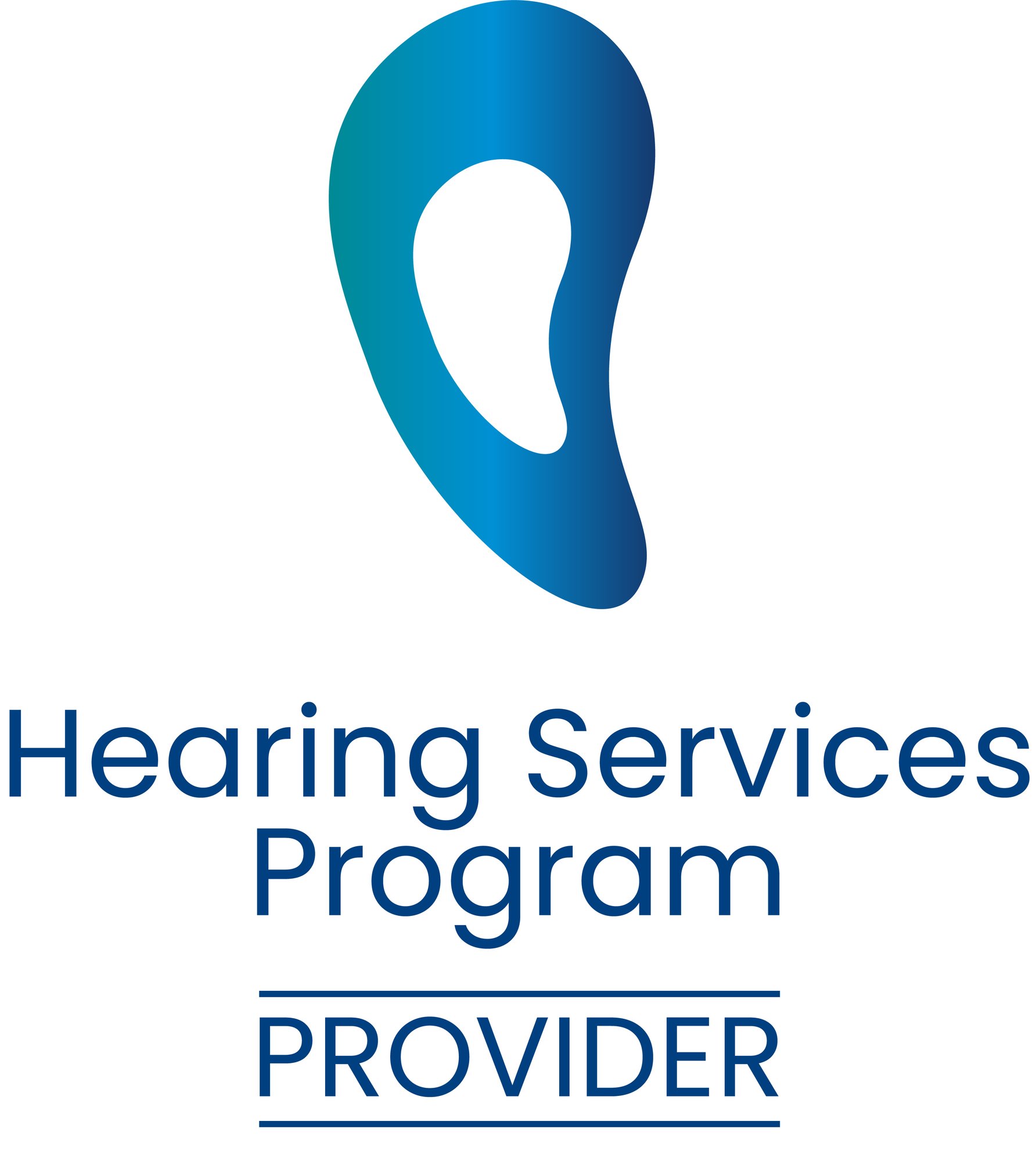Read Time: 11 Minutes
Noise damages your hearing, we take a look. This article looks at:
- Which sounds are too loud?
- What can you do to avoid damage by noise
- I have hearing loss due to noise. What now?
- What should I do if I suspect noise induced damage?
“37% of Australians over the age of 15 years have evidence of hearing damage due to noise exposure.” (NAL 2010)
Noise-induced-hearing loss (NIHL) is the permanent deterioration of hearing levels due to exposure to loud noise.
It most commonly occurs in both ears, but could be worse in a single ear, where one ear is exposed to more noise than the other e.g rifle use or commercial driving with the window open.
Mechanical and chemical damage of the fine structures of the inner ear is caused by loud sounds. This can be sudden, like after an explosion or gradual over years. Most people don’t even know that they are damaging their hearing because of the gradual onset of the condition. This damage is permanent and irreversible, but it can be avoided.
The symptoms of NIHL includes but is not limited to, hearing in groups or background noise, tinnitus (ringing in the ears), sensitivity to normal loud sounds, lack in clarity of speech, difficulty hearing speech over a distance, greater difficulty hearing female and children’s voices compared to male voices. It has even been linked to balance problems. The biggest effect of noise is for the high pitched part of your hearing. So you may still be able to hear volume of speech, clearly and hear things such as water running, cars etc. the same as before. Unfortunately you ability to hear speech clearly can diminish considerably. You might even blame people for mumbling, when they actually don’t.
Men with noise induced hearing loss are often blamed for having selective hearing, as you hear some things better than your partner's voice.
NIHL is determined by doing a comprehensive hearing assessment in conjunction with a complete client hearing and health history.
Noise induced Hearing loss, is a cause of sensorineural hearing loss, where the hair cells in the inner ear are irreversibly damaged. The video below covers sensorineural hearing loss in more detail.
So if a loud sound is causing the damage, how would you know which sounds are too loud and how to manage it?
It is actually not as simple as giving you a list of sounds to avoid and then you are good to go. Different factors have an influence on your risk for getting NIHL. The intensity level and the duration of the exposure goes hand in hand. The louder the sound the less time you can safely listen to it. It is generally accepted that sound levels of lower than 85dB are safe for human ears regardless of the duration of exposure. Research has shown that we can safely listen to sound at 85dB for a maximum of 8 hours without protection. For sounds louder than 85dbB the 3dB exchange rate applies, thus for every 3dB increase in intensity above 85dB the safe exposure time halves. For example you can listen to 85dB for 40 hours a week but sound at 88dB only 20 hours per week.
So how do I know when sound is too loud without measuring it. Some noise sources are well known to us like industrial machines, power tools, motorcycles etc. and we know to protect ourselves from them. Sounds levels can be potentially harmful when you have to raise your voice to hear your own voice, or when other people can hear the music from the earphones in your ears or, if you can feel the music or sound instead of just hearing it or when your ears feel like it is plugged with cotton wool or if it rings after you have been in a noisy place (like in a club or at a concert).
What can you do to avoid damage by Noise?
- Stay away from noisy places, or don't stay long.
- Move further away from the noise source if you need to stay.
- Wear earmuffs or ear plugs if you have to be somewhere noisy (like a car race or using noisy power tools).
- Wear earplugs as well as ear muffs if you have to be in a noisy place fairly often, or ever go anywhere near firing guns
- Use noise cancelling headphones when listening to music – this will prevent the noise from interfering with your music and then you can listen to the music at lower levels.
- Don’t overdose on loud music through earphones, apply the 80/90 rule for MP3 players and the 60/60 rule for CD players, to determine your daily dose. This means you can listen to your MP3 player at 80% volume for 90 minutes per day and to your CD player at 60% for 60 minutes per day.
KNOW - AVOID – PROTECT - MANAGE
If you are exposed to noise regularly or if you feel a change in your hearing after a specific event, have your hearing screened.
It is not only the sound level and duration that will determine the amount of damage but some other individual factors also have an influence:
- “Hating the music”- when you don’t like the music or sound, the stress hormones in your body could cause chemical changes in the inner ear which could be toxic to the hair cells.
- Steady state or intermittent sound – ongoing exposure to loud sound is more damaging than exposure to the same sound level intermittently. Thus take a break every now and then…….
- Neurological defects – could be a predisposing factor to noise damage
- Oxygen available to the inner ear– smoking & exercise ( higher levels of fitness could help prevent hearing damage)

- Genetic predisposition – if there is a family history of hearing loss you may be more susceptible to NIHL.We live in a noisy world, but we can prevent hearing damage by noise
Thus, because we are complex human beings the problem of noise-induced-hearing loss is also a complex one to deal with and prevent.
It all comes down to moderation: listen to moderate levels of sound for a moderate amount of time……
This is all well and good, but I already have hearing loss due to noise. What now?
It is critical to understand that it is not the loudness, as perceived by you that causes the damage, but rather the size of the sound wave entering the inner ear. So not being able to hear the noise due to hearing loss, does not protect you from the energy of the wave. It is vitally important that you still protect yourself from damaging noise even if you can’t hear it as loudly anymore.
Hearing Aids can help
Not too long ago, hearing aids were not very effective in dealing with noise induced hearing loss. Fortunately that has changed dramatically due to advances in technology.
Today, there is a whole range of hearing aids available designed specifically for high frequency hearing loss that has been caused by noise. They are comfortable, don’t whistle or block you up and can help you hear better even in background noise.
NOTE: Hearing aids are not designed to act as hearing protection. Sure, they are able to control the amount of sound they allow into the ear, but unless your ear is completely blocked by the hearing aid, the cannot be relied upon to act as hearing protection for any sound naturally travelling into your ear canal, rather than through the aid. Due to the open fit nature of hearing aids designed for noise induced hearing loss, the ear canal is often left unblock, to allow all the sounds you can naturally hearing, through without giving you a blocked-up feeling.
What do I do if I suspect noise induced damage?
Your first step would be to undergo a hearing check, where it can be determined whether there is any significant damage or not. This appointment lasts only 20 minutes and costs $25.
If you have been diagnosed with hearing loss and wish to explore your corrective options, then a comprehensive hearing aid assessment is recommended.
You can book either option by clicking through to our appointments page and completing the form.
Sources:
Marshall Chasin (2015 Acaud Congress) - Musicians and preventing of hearing loss
http://www.huffingtonpost.com.au/2014/11/24/loud-music-headphones_n_6174340.html?ir=Australia
Further Reading
Value Hearing cares about you and your on-going hearing health. We have articles on other causes of hearing loss here.

